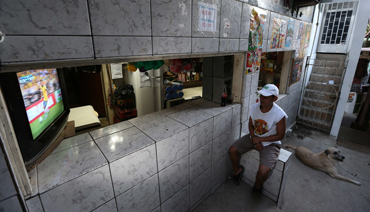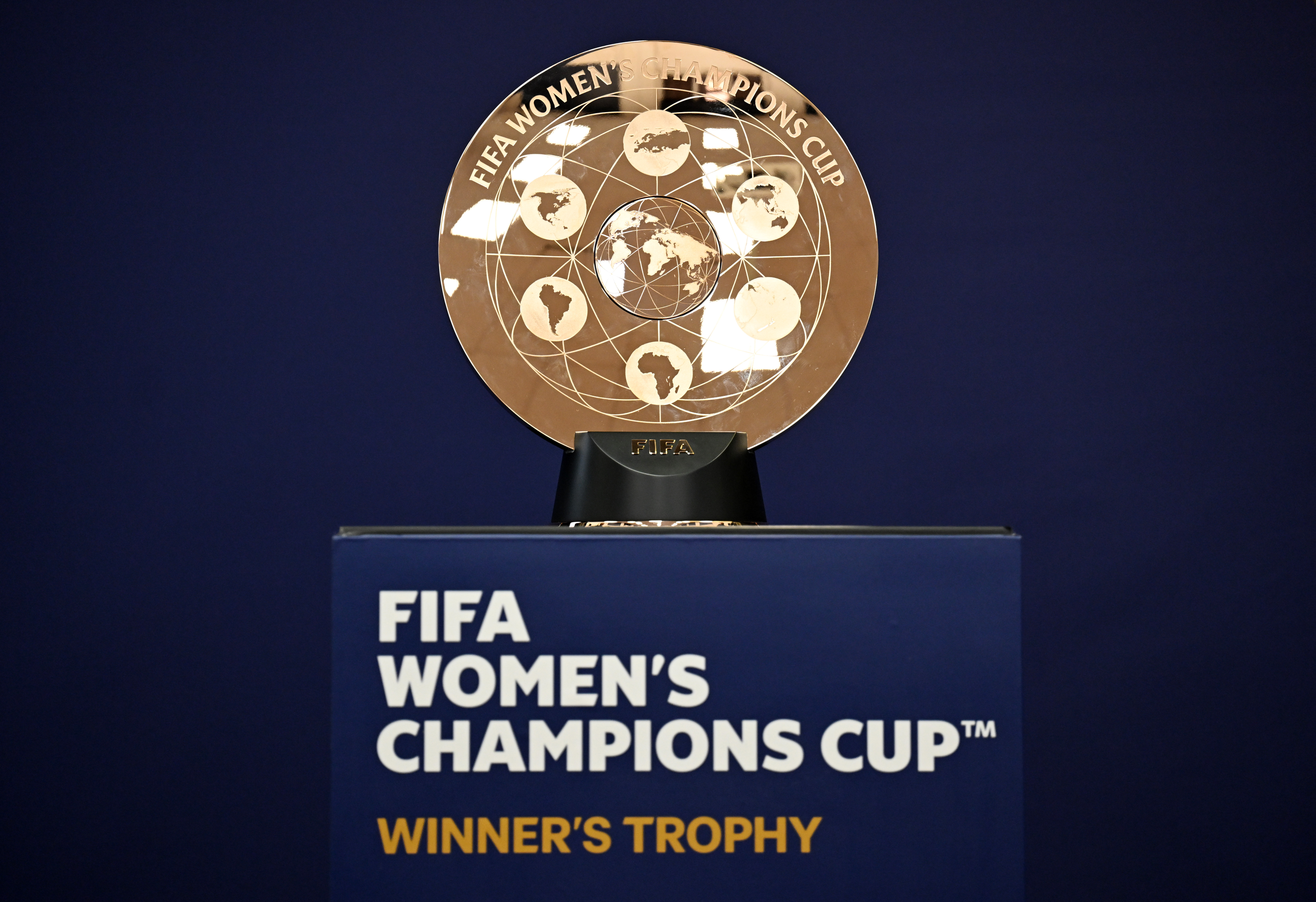
With two matches to play, the tournament has also produced a record number of goals, mainly because of the participation of amateur Oceania champions Tahiti, while attendances are already the second highest since the competition began as a four-team tournament in 1992.
Although the complete figures will not be known until after Sunday's final between world champions Spain and World Cup hosts Brazil and the third-place playoff between Italy and Uruguay, this week's semifinals both set viewing records.
Wednesday's semi-final between Brazil and Uruguay drew an audience of more than 53.5 million across nine global TV markets according to figures released by the world governing body on Saturday, a record for the tournament.
Spain's penalty shootout win over Italy in Thursday's semi-final drew the biggest Italian television audience for a sporting event since Spain beat Italy in last year's European Championship final.
According to FIFA an average of 12.5 million watched Rai Uno's coverage, higher than the figures for the World Cup semifinals in 2010 and the third most popular programme on Italian TV this year.
It was also the third biggest audience in Spain for a sports programme this year with 10.4 million watching on Telecino with record figures recorded for both Germany and England, whose teams are not competing.
In all 31.2 million Brazilians watched the semi against Uruguay on TV Globo (29.7 million) and Bandeirantes TV (1.5 million) with a higher viewership expected for Sunday's final.
The best features, fun and footballing quizzes, straight to your inbox every week.
With two matches to play, 61 goals have been scored, five more than the previous record of 56 in Germany in 2005. However, 24 of them were scored against Tahiti with Nigeria putting six past them, Uruguay eight and Spain 10.
The attendances for the 14 matches so far stand at 687,746 with an average of just over 49,100 a match, second only to the record high of 970,000 at Mexico in 1999 which produced average attendances of 60,625.
On Friday FIFA president Sepp Blatter said that despite the protests in Brazil over the last two weeks, the Confederatations Cup had been successful.
"FIFA has come out of this stronger," Blatter told a news conference at the Maracana.
"Football has played a positive part here and given emotion. When we say football connects people, it connected people in the stadium, perhaps unfortunately it connected people in the street.
"I can understand this social unrest, absolutely, but on the other hand, football brings at this time to the whole continent these emotions and hope."
 Join The Club
Join The Club





